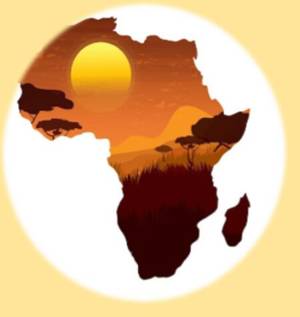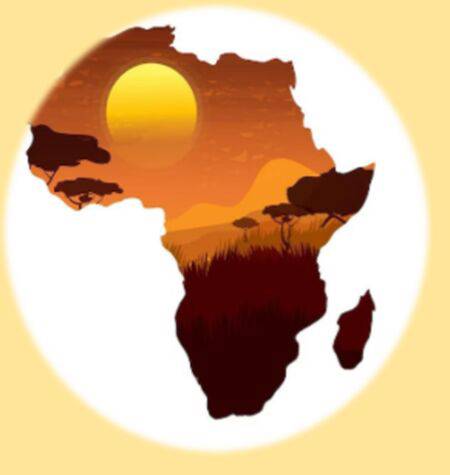
- Afhalen na 1 uur in een winkel met voorraad
- Gratis thuislevering in België vanaf € 30
- Ruim aanbod met 7 miljoen producten
- Afhalen na 1 uur in een winkel met voorraad
- Gratis thuislevering in België vanaf € 30
- Ruim aanbod met 7 miljoen producten
Omschrijving
Your curiosity about the title of this book is no accident. It sparks a desire to uncover the secrets of the lost wealth of the world's richest continent. The very phrase "lost wealth" provokes thought, ignites debate, and demands reflection. It is natural for your mind to seek out robust arguments in defense, to question whether such a claim can truly be justified. In these pages, I invite you to temporarily set aside your views on Apartheid and Colonialism. Though my reflections may overflow into those categories, my purpose is not to rehearse old grievances but to illuminate new perspectives. Continue reading, and prepare to be astonished.
Deep down, you may already be eager to ask: What exactly do you mean by African wealth being lost? You might believe that Africa possesses all it needs, yet ownership continues to elude us. The products and services you consume daily are not under your name. You are neither the manufacturer nor the shareholder in these commodities. The paradox is clear: abundance surrounds us, yet control slips through our fingers.
The dissonance stirred by this book's title is entirely justified. Africa remains wealthy in resources, culture, and human potential. Yet the perception of its wealth as "lost" is tied to investment strategies and economic systems that have marginalized entire communities. Harmful stereotypes suggest that black people prefer oppression, that if change were truly desired, it would have been achieved long ago. But why invest in leaders who dismantle your future, erode your culture, and undermine your dignity? Why do some Africans silence those who lead with integrity, only to uphold the very colonial structures that once oppressed them?
This book challenges those assumptions. It insists that everyone born on African soil is African, regardless of race. The land that first cradled your feet claims you. Belonging is not defined by bloodline or skin tone, but by the soil that shaped your first breath. Elders shape your essence, and language is not inherited through blood but gifted by environment. The first word you hear becomes your mother tongue, not because of your skin, but because of your story.
Yet our systems often act as barriers. Their rigidity deters smart investment choices. With each new system introduced, more low‑value goods flood African black markets, while behind the scenes, raw materials are quietly extracted to bolster faltering foreign economies. The wealth of Africa is siphoned away, not lost by accident but taken through deliberate design.
This book is more than a forum for ideas; it is a call to action. Here, strategies are forged to reclaim Africa's stolen economic legacy. My mission is not to accuse, but to illuminate. I speak truths in my own voice because I believe that truth, spoken with conviction, has the power to reshape destinies. What you choose to do with what I share is yours alone to decide. But from the very moment you set this book down, the responsibility and the opportunity to reshape your future will be in your hands.
This is not simply a book about economics. It is about identity, belonging, and courage. It is about reclaiming what has been denied and redefining what it means to be African in the modern world. It is about refusing to accept stereotypes, refusing to surrender dignity, and refusing to let the wealth of a continent remain in the hands of others.
By the end of this journey, you will not only understand why Africa's wealth is described as "lost," but you will also see how it can be reclaimed. The question is not whether Africa is rich, it always has been.
Specificaties
Betrokkenen
- Auteur(s):
- Uitgeverij:
Inhoud
- Taal:
- Engels
Eigenschappen
- Productcode (EAN):
- 9798232440404
- Verschijningsdatum:
- 11/11/2025
- Uitvoering:
- E-book
- Formaat:
- ePub

Alleen bij Standaard Boekhandel
Beoordelingen
We publiceren alleen reviews die voldoen aan de voorwaarden voor reviews. Bekijk onze voorwaarden voor reviews.







